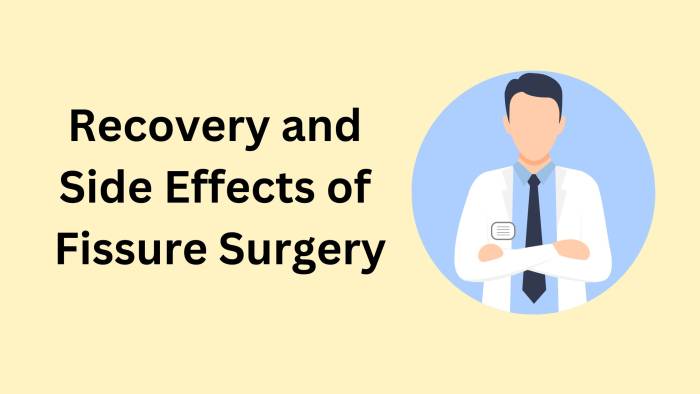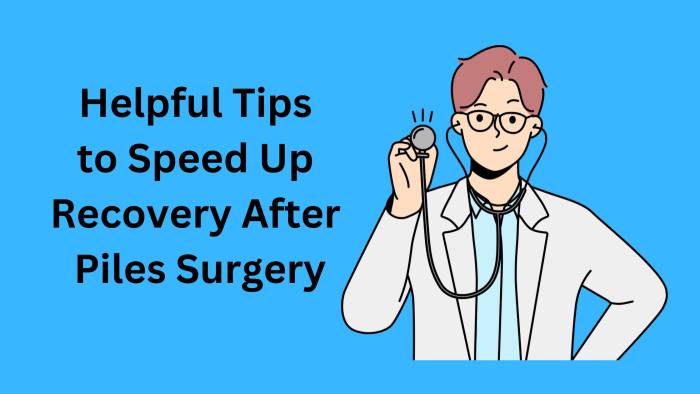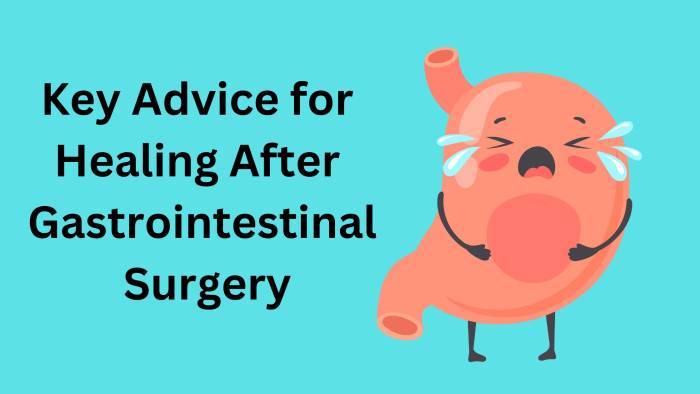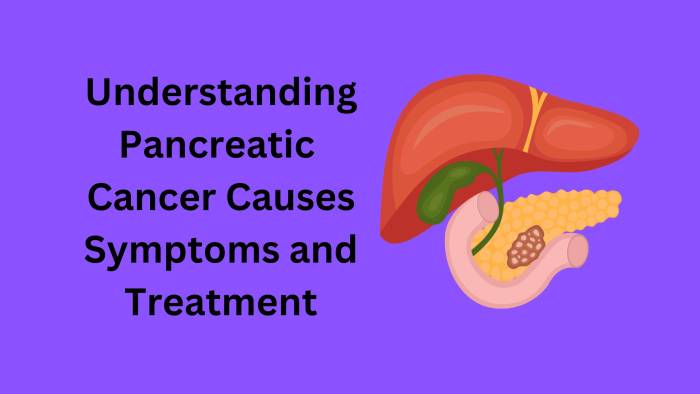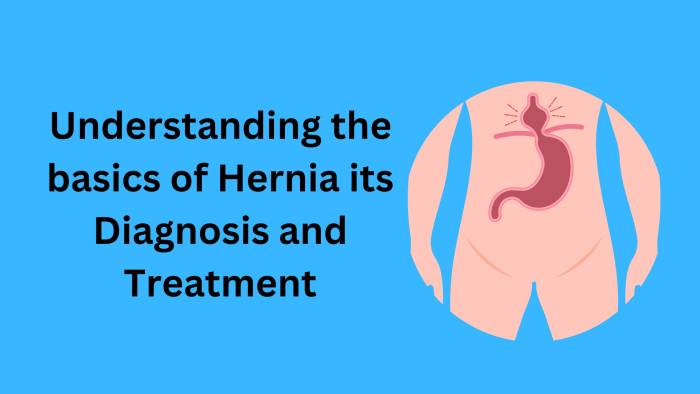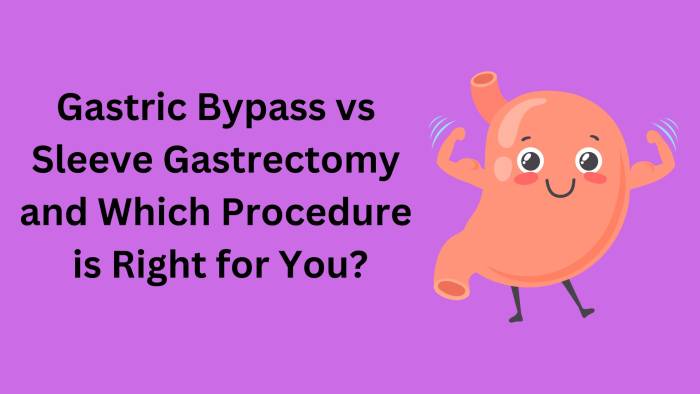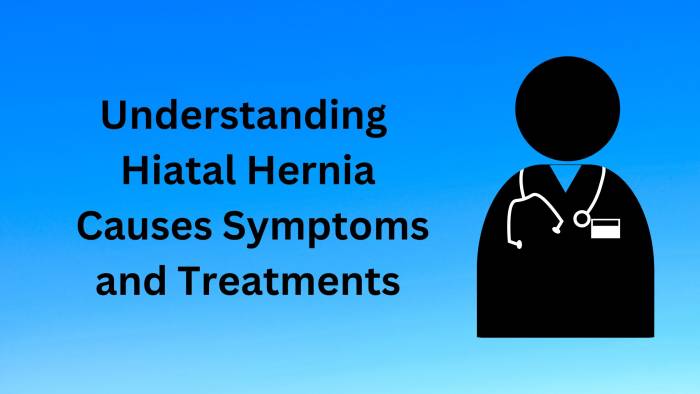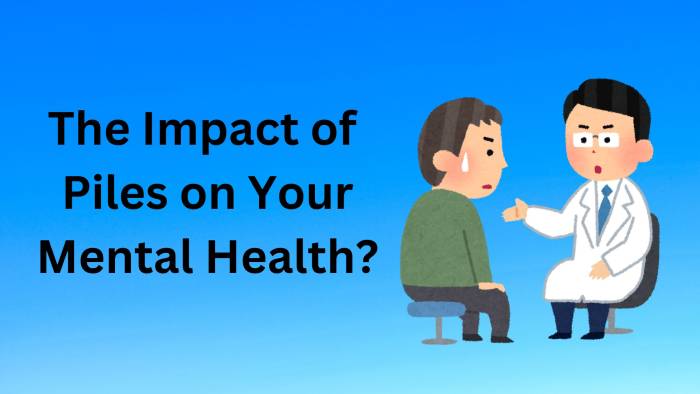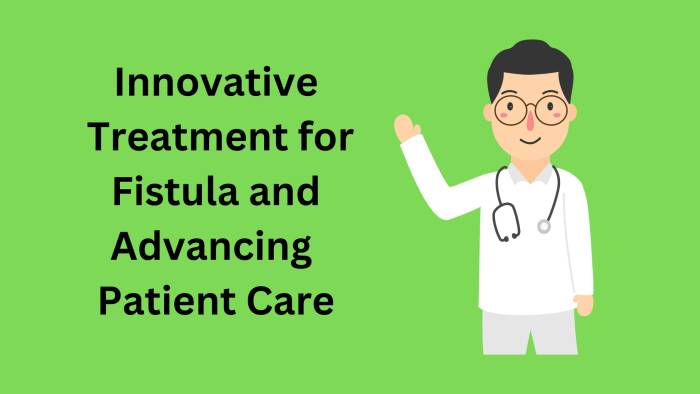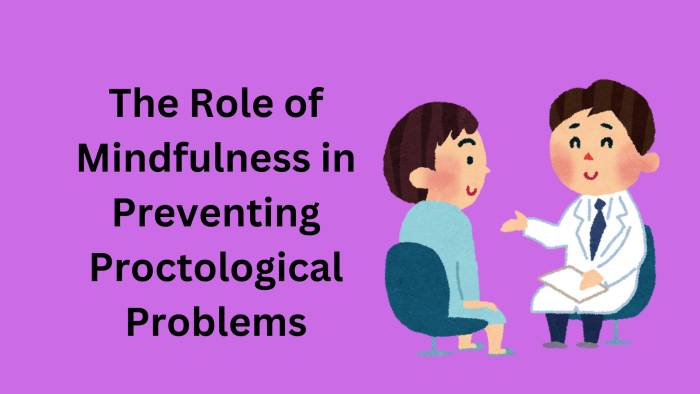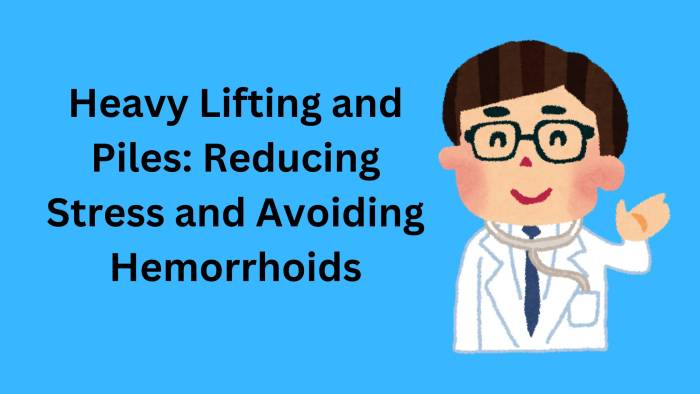Recovery and Side Effects of Fissure Surgery
Fissure surgery, often recommended for chronic anal fissures that do not heal with conservative treatments, can provide much-needed relief.
Read MoreUnderstanding Gastroenteritis and Key Facts You Should Know
Gastroenteritis also known simply as the stomach flu is a virulent disease that we see coming to affect millions of people everywhere in the world. It’s not a form of flu despite the name and entails inflammation of the stomach and intestines by viruses, bacteria or parasites.
Read MoreHelpful Tips to Speed Up Recovery After Piles Surgery
Undergoing piles surgery can be a relief for those suffering from hemorrhoids. However, the recovery period plays a crucial role in ensuring a successful outcome.
Read MoreKey Advice for Healing After Gastrointestinal Surgery
Recovering from a surgery on your gastrointestinal (GI) tract means paying much attention to your own health or following a certain set of guidelines.
Read MoreUnderstanding Pancreatic Cancer Causes Symptoms and Treatment
Pancreatic cancer is a highly fatal disease which is related to the pancreas, an important organ of the body that is involved in the synthesis of enzymes required for digestion of food and hormones including insulin.
Read MoreUnderstanding the basics of Hernia its Diagnosis and Treatment
If we talk about hernia, it's the weakness in the abdominal wall, which makes fat or intestines bulge through. The most common type of hernia that forms in the groin area is called an inguinal hernia.
Read MoreGastric Bypass vs Sleeve Gastrectomy and Which Procedure is Right for You
With severe obesity, bariatric surgery has become one of the most effective forms of weight loss. Some of the treated methods are gastric bypass and sleeve gastrectomy which both provides effective weight loss and other numerous benefits.
Read MoreUnderstanding Hiatal Hernia Causes Symptoms and Treatments
Hiatal hernia refers to a situation whereby part of the stomach slips through the diaphragm and lies in the chest cavity.
Read MoreThe Impact of Piles on Your Mental Health
Piles are swollen blood vessels that occur in the rectum or anus and are characterised by pain and or bleeding.
Read MoreInnovative Treatment for Fistula and Advancing Patient Care
The bio-pathologic structures known as fistulas, defined as false communications between two organs or vessels, are known to have a major bearing on a patient’s functionality.
Read MoreThe Role of Mindfulness in Preventing Proctological Problems
Proctological issues, such as hemorrhoids, anal fissures, and rectal prolapse, are often linked to stress, poor lifestyle choices, and unhealthy bowel habits.
Read MoreHeavy Lifting and Piles Reducing Stress and Avoiding Hemorrhoids
Hemorrhoids or piles are lumps that form around the anus due to inflammation of some veins. While factors like constipation, a sedentary lifestyle, and poor diet often contribute to hemorrhoids, heavy lifting is another culprit that can exacerbate the condition.
Read More



